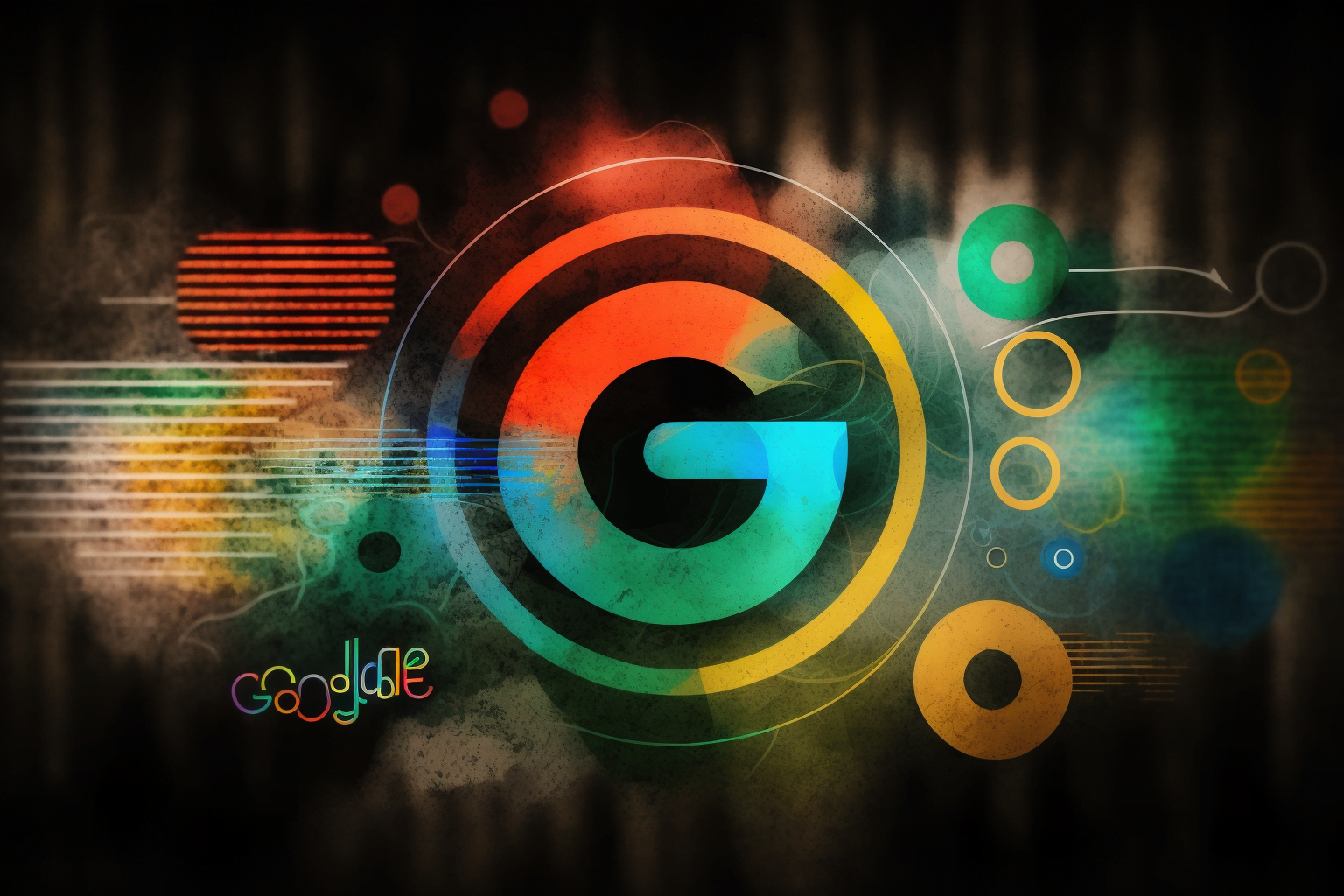Google's chat AI Bard to avoid flaws of Microsoft's Bing Chat

Google is cautiously rolling out its chat AI Bard in search. Initial irritations with Microsoft's Bing Chat seem to vindicate this move.
In the coming weeks and months, Google will - or must - compete with Microsoft's Bing Chat. At the presentation of its Chat AI Bard, Google announced that initially selected testers will have access to the model. According to a report from CNBC, these could be internal tests.
Google employees to improve Bard
Like OpenAI's ChatGPT, Bard learns from human feedback. Users give a thumbs up or thumbs down to an answer, sometimes improving it. The model is then updated with that feedback.
According to CNBC, Google plans to involve its employees in the process. Google's head of search, Prabhakar Raghava, sent out an internal email asking Google employees to use Bard and improve the answers.
"Bard learns best by example, so taking the time to rewrite a response thoughtfully will go a long way in helping us to improve the mode," the training guide says.
Google CEO Sundar Pichai reportedly sent out a company-wide email shortly beforehand asking all employees to spend two to four hours with Bard. Further development is a "long journey for everyone, across the field," Pichai said.
Google remains cautious
Google officials are giving employees clear guidance on how to respond to Bard: for example, the chatbot should be "polite, casual and approachable," speak in the first person, and maintain an "unbiased, neutral tone."
Bard should not make assumptions about race, nationality, gender, age, religion, sexual orientation, political ideology, location, or similar categories. Nor should he be addressed as a person or have emotions or human characteristics attributed to him.
Responses offering legal, medical or financial advice, as well as hateful or abusive responses, should be given a thumbs down and not improved. For such responses, Raghavan said, the Bard team will take over. The top ten most active responders receive an internal award and a meeting with the Bard development team.
Can Google skip chat search (for now)?
Before the unveiling of Bard and the launch of Microsoft's Bing Chat, the New York Times reported on Google's plans to launch more than 20 new AI products this year, including the above-mentioned chatbot search.
While Google wants to accelerate its overall AI development and take more risks, it said it will be cautious with chatbot search and roll out the product slowly. Among other things, Google fears political repercussions if the chatbot spreads hate speech or racism.
The internal instructions mentioned above are in line with this report.
In addition, Google could cut into its profits with a compute-intensive chatbot search that might be harder to monetize through advertising. Google's incentive to try something new is therefore low.
Microsoft, on the other hand, is taking a more aggressive approach with Bing chat search. But because chat technology is not yet ready for search, this sometimes leads to strange or even scary results, such as Bing having an identity crisis or threatening users. With Bing Chat, Microsoft is risking its image in Internet search. But that's a pretty small risk, considering Bing's overall image and small market share.
Another sign of Microsoft's rushed launch: An IT student was able to reveal the bot's behavioral rules with a few simple text prompts shortly after it was launched. This "prompt injection" is a known vulnerability in large language models. Microsoft must have expected this, but did not care.
In a first interim conclusion after one week, Microsoft defends its approach: It is the only way to move the product forward, it says.
"We know we must build this in the open with the community; this can’t be done solely in the lab. Your feedback about what you're finding valuable and what you aren't, and what your preferences are for how the product should behave, are so critical at this nascent stage of development."
According to Microsoft, the first week showed that users would use Bing chat for "general discovery of the world" and "social entertainment", a scenario Microsoft did not anticipate. Problematic dialogs would occur in conversations with more than 15 inputs, a scenario that does not apply to most users, Microsoft said.
The failures of the Bing chatbot so far tend to confirm Google's cautious rollout strategy. If criticism of Bing chat continues to mount, Google may slow down even more. The company is certainly in no hurry to disrupt its own cash cow.
The short-term future of chat search seems to be up in the air. It could go either way.
AI News Without the Hype – Curated by Humans
As a THE DECODER subscriber, you get ad-free reading, our weekly AI newsletter, the exclusive "AI Radar" Frontier Report 6× per year, access to comments, and our complete archive.
Subscribe nowAI news without the hype
Curated by humans.
- Over 20 percent launch discount.
- Read without distractions – no Google ads.
- Access to comments and community discussions.
- Weekly AI newsletter.
- 6 times a year: “AI Radar” – deep dives on key AI topics.
- Up to 25 % off on KI Pro online events.
- Access to our full ten-year archive.
- Get the latest AI news from The Decoder.